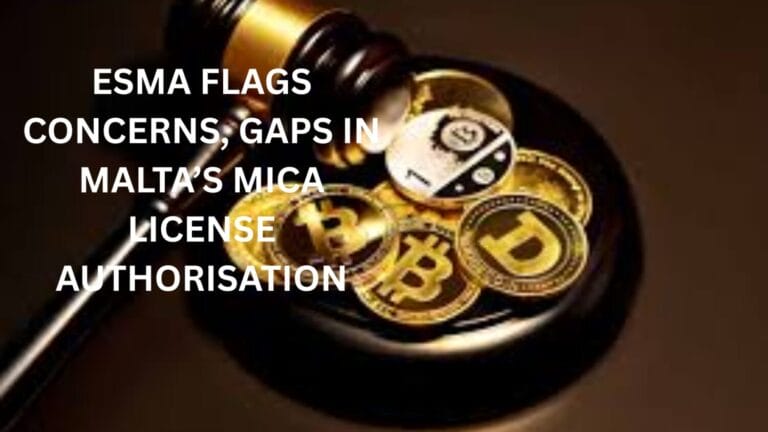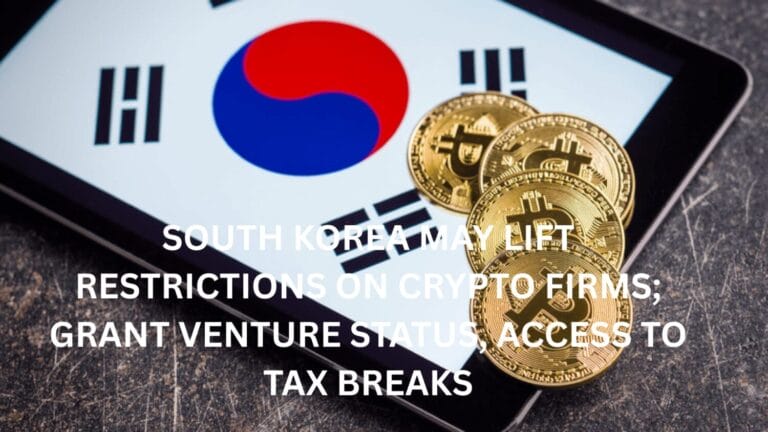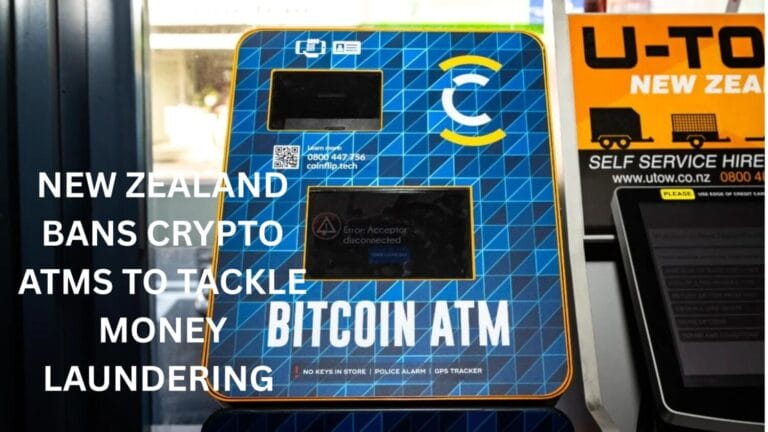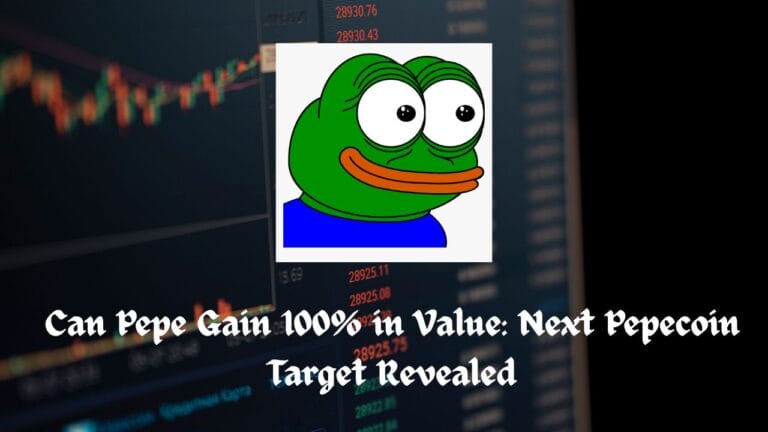Key Takeaways
- The SEC claims that Terraform and Kwon falsely attributed their algorithm for the price stabilization of UST
- The SEC is actively pursuing a summary judgment to avoid a full trial
In a recent legal development, the United States Securities and Exchange Commission (SEC) is contesting the conclusions reached by a jury in the case involving alleged violations by Terraform Labs.
The SEC now seeks a summary judgment on all claims, underscoring its determination to hold Terraform Labs accountable.
The SEC’s disagreement with the jury’s leniency toward Do Kwon and his alleged role in facilitating activities that contributed to the Terra ecosystem’s collapse is apparent in a court filing dated October 27, filed in the U.S. District Court for the Southern District of New York.
The court filing clearly states, “No rational jury could conclude that Kwon was not liable for Terraform’s violations of Exchange Act Section 10(b) and Rule 10b-5 thereunder pursuant to Exchange Act Section 20(a).”
The SEC is actively pursuing a summary judgment to avoid a full trial, asserting that there is “no genuine dispute as to any material fact” in its case against Do Kwon and Terraform Labs.
The SEC’s case centers on the argument that Kwon and Terraform sold securities, based on the perspective that money was pooled in a common enterprise with an expectation of profits primarily from the efforts of the promoters.
This perspective aligns with the legal “Howey test” used to determine if a transaction qualifies as an investment contract and can be considered a security under U.S. federal law.
The SEC’s filing emphasizes allegations of fraudulent conduct and misleading statements, particularly how Terraform and Kwon allegedly deceived investors about the stability of UST.
The SEC claims that Terraform and Kwon falsely attributed their algorithm for the price stabilization of UST while secretly arranging third-party intervention, an aspect omitted from their disclosures. The consequences were severe, with Terra collapsing in May of the preceding year, resulting in the loss of billions of dollars in investor wealth.
This development follows a similar document filed by Kwon’s defense team, seeking the court’s favor by arguing that the SEC had not sufficiently proven that they were offering securities.
In response, Kwon and Terraform Labs are disputing the SEC’s claims and have requested the judge to dismiss the lawsuit. They argue that several Terra-related assets were not securities, contrary to the SEC’s assertions.
The SEC maintains its position, asserting that Kwon and Terraform Labs offered and sold securities, conducted unregistered transactions involving LUNA and MIR, engaged in transactions with mAssets, and committed fraud.
As the legal battle escalates, the collapse of the Terra ecosystem remains a point of contention. While Terra co-founder Daniel Shin’s lawyer attributed the ecosystem’s downfall to the “unreasonable operation of the Anchor Protocol and external attacks carried out by Do-hyung Kwon,” Terra recently shifted the blame to market maker Citadel Securities, alleging its involvement in a coordinated effort to depeg the TerraUSD (UST) stablecoin in 2022.
One significant challenge in this legal battle centers around Kwon’s detainment in Montenegro, with his lawyers contending that it is “impossible” for him to testify in the U.S. The situation is further complicated by extradition requests from both South Korean and U.S. authorities.









